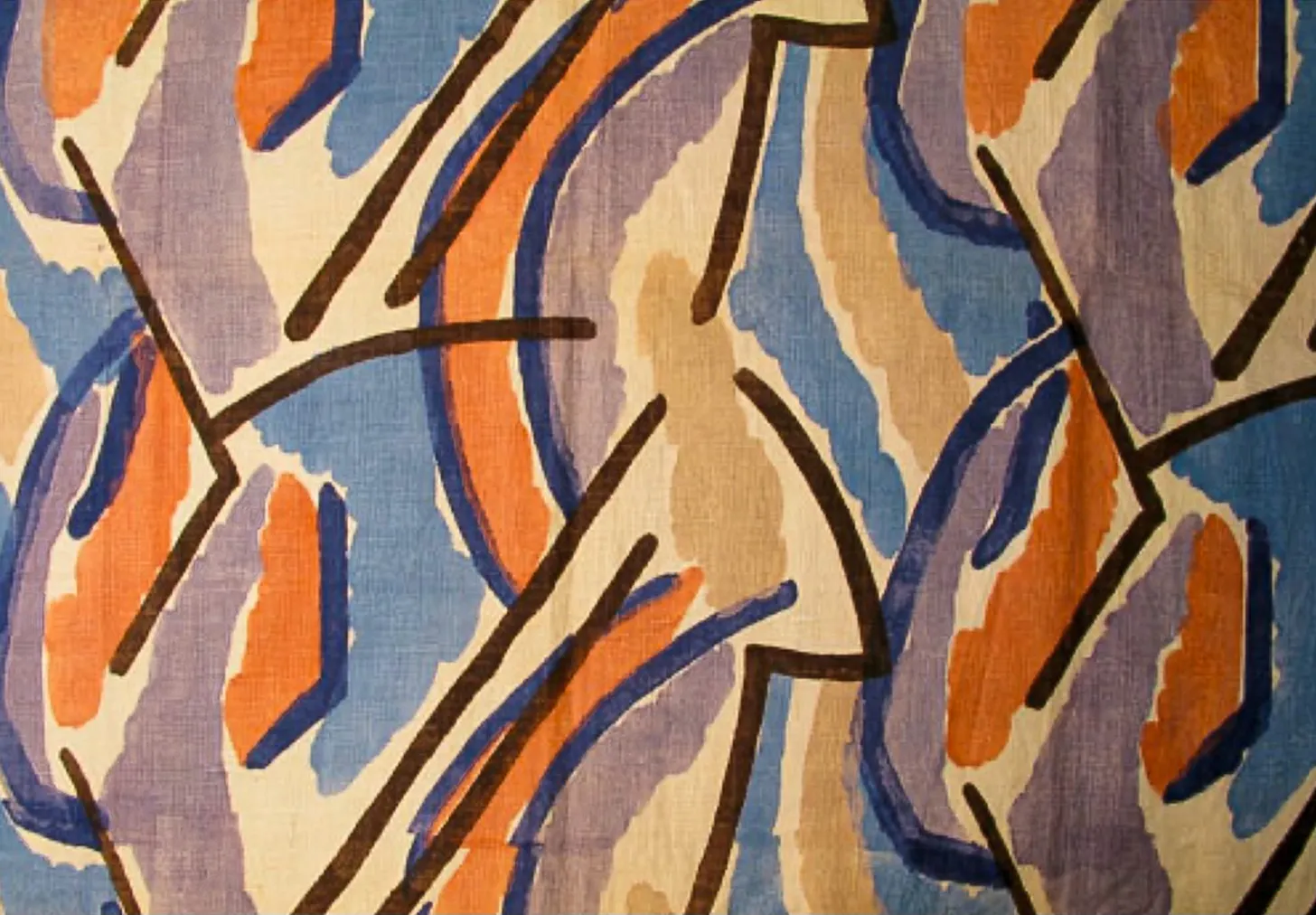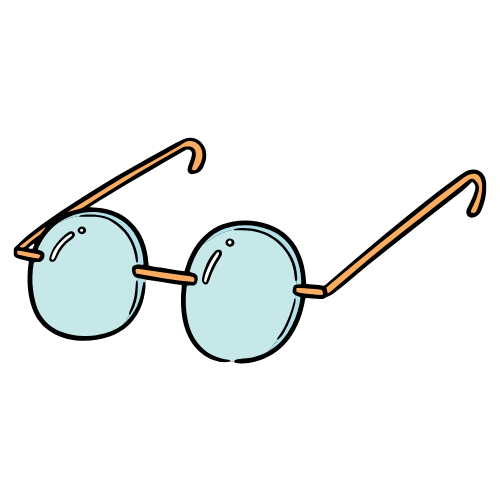Lolly Willowes, Sylvia Townsend Warner’s first novel, was published in 1926 and is the perfect book for autumn. I’m a bit sorry I postponed reading it until December, when winter was already raging here in my region. I imagine its spell would have been even more marvelous, with dead leaves on the ground and chrysanthemums on the front porch. Even though this is not the actual start of the book, the story begins with Lolly buying chrysanthemums and a bunch of beech leaves. “They smelt of woods, of dark rustling woods like the wood to whose edge she came so often in the country of her autumn imagination.”
the short of lolly willowes
The story is split into three parts. Part 1 is the introduction to Laura Willowes’s life, or Lolly of the title, a sort of background to the moment when her life goes through a major change. Laura is the daughter of a wealthy family and, up to her father’s death, she was living with him in the family mansion. She has not married, and this is something English society of the beginning of 20th century can’t overlook. An unmarried young woman can obviously not live alone in a large mansion, so it’s not even a discussion that she moves to London, to live with her brother and his family. In part 2 Lolly buys the flowers, whose smell makes her decide at once that she needs to leave her brother’s house and move to the countryside, where she can be by herself and free. She finds a room to rent in the Chilterns and leads a peaceful and secluded life until she discovers that her village is a village of witches and Satan is their master. In part 3 we learn just what kind of master Satan is and why Lolly willfully submits to his “profoundly indifferent ownership”.
Lolly Willowes could easily be marketed as a fantasy in which witchcraft and Satan sit quite comfortably in a remote village in post-WWI England. But the book puts its own spin on the supernatural. It doesn’t give the feeling of magical realism, nor does it have that whiff of escape into an alternative reality. The story and Lolly are very much anchored in the realities which women had to face at the beginning of the last century. Unlike conventional flavours of fantasy, where the fantastic elements are supposed to be “real”, Townsen Warner’s fantasy leans more on the satirical and the humorous.
free indirect style
Townsend Warner doesn’t beat around the bush too much. The beginning of the novel gives us the facts straight up: “When her father died, Laura Willowes went to live in London with her elder brother and his family”. The first paragraphs continue from the perspective of Caroline, Laura’s sister-in-law, who imagines Laura will feel just fine in their small guestroom. Aware that there will be a need to “wash a pair of the large linen sheets for a single guest who came but for a couple of nights”, it is only with regret that Caroline lets go of the small room, though. We can see that she’s quite the practical woman. At the same time, “Laura was not thinking at all”. She seems to take her new life in her brother’s house as a natural fact of life.
The style of writing by which the author can go into the mind of the character as close as possible and still keep some sort of distance, has been widely used since the end of the 20th century. It is called free indirect style and how Townsend Warner generally uses it in her writing is a textbook example. She lets characters use their specific voice and style, while us and the narrator can look at them from the outside. We can see their patterns of thought and their faults like being in their heads. This is how we can see that Caroline is well-intentioned, but she is part of a conservative society who holds that women must aim for marriage and best before thirty, too, while they still got a shot at it. And our narrator looks at all this with a very raised eyebrow.
Books always leave more to uncover. Subscribe to get more reflections and interpretations delivered by email.
the countryside
There’s two things I loved about Lolly Willowes. First, the style of writing I described in the previous paragraph, how Townsend Warner gets into the mind of characters, while at the same time keeping an ironical distance. Second, the descriptions of nature and the countryside. Her writing really makes you feel the strength of autumn and hear the wind blow on the hills around Lolly’s house.
The sky was covered with a thick, uniform haze. No ray of the declining sun broke through it, but the whole heavens were beginning to take on a dull, brassy pallor. The long afternoon was ebbing away stealthily, impassively, as though it were dying under an anaesthetic
Satan is a creature of nature as well. When Lolly first meets him, he is dressed as a gamekeeper and disappears into the woods. On their second meeting, he is a gardener tending a forlorn garden and forgotten graves. It’s like the kind of evil he embodies is the wildness and disorder of everything which life in a big city is not. And Laura was tired of having her life ordered by her family, society and the state. The countryside was the natural way out.
This was my first novel by Sylvia Townsend Warner and I don’t think I could have been off to a better start. Her writing is beautiful, her characters deep and her Satan very likeable. What more could I want? I really want to read more of her work, especially her more explicitly feminist and political novels. But first, short stories.






your thoughts?